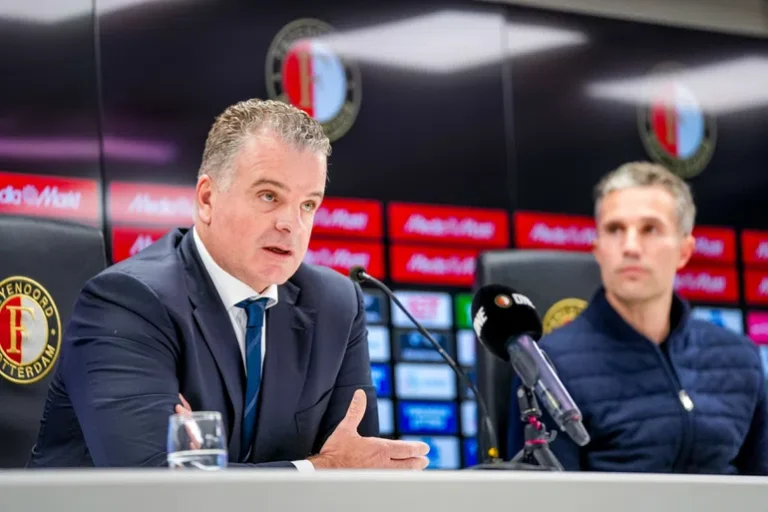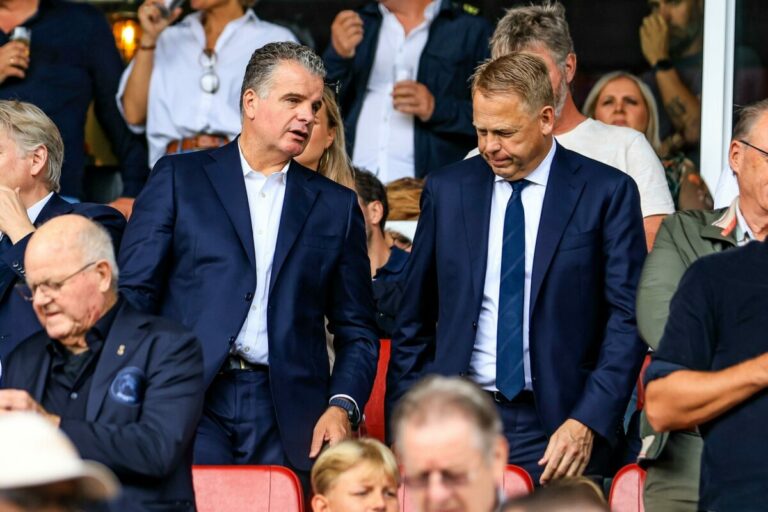
Kentucky head coach Mark Pope is making waves in the college basketball world, not just for his efforts to reinvigorate the Wildcats program, but also for voicing support for a significant change to the sport itself: extending the college basketball schedule. In recent interviews and media appearances, Pope has outlined his belief that the current format is outdated and that a reimagined season structure could benefit not only teams and players but also fans, television partners, and the game’s overall visibility.
Pope, who took over as head coach of Kentucky in 2024 following John Calipari’s departure, is no stranger to innovation. Known for his analytical approach and forward-thinking mindset, he sees the idea of extending the college basketball season as a natural evolution. His proposal isn’t necessarily about adding more games, but rather about spreading the schedule across a longer window to allow for greater development, healthier players, and more meaningful exposure.
“College basketball is one of the greatest products in sports, but we’ve boxed ourselves into a very tight window,” Pope said. “We start in early November, we’re into conference play by January, and by March it’s over. It’s a sprint — and that sprint doesn’t give us the chance to tell the full story of the season or of these athletes.”
Pope points out that college football, by comparison, dominates the calendar for nearly five months, with consistent national attention and a structured build-up to a playoff. In contrast, college basketball competes for attention in the fall against football and then has only a few short months to capture the spotlight before March Madness. He believes that spacing the season out — potentially beginning later in November or December and ending in late April — could alleviate the intense overlap with football and improve overall visibility for the sport.
One of Pope’s key arguments is the health and development of the athletes. With the current compressed timeline, players often face grueling schedules — multiple games per week, constant travel, and minimal recovery time. Extending the calendar could create room for more consistent practice routines, rest periods, and academic flexibility, helping to promote long-term player development and wellness.
“Right now, it’s nonstop. From the time we start to the time we finish, there’s very little room to breathe,” Pope noted. “If we really care about these student-athletes, we have to ask whether the system we’ve built is actually supporting them.”
Pope’s comments have sparked conversation among coaches, media, and athletic directors. Some agree that the current format feels rushed and often overshadows key early-season matchups that could be marquee events in a more spread-out schedule. Others are more skeptical, citing logistical challenges, such as venue availability, academic calendar alignment, and television rights agreements.
Still, there’s growing momentum behind the idea of reform. The NCAA has already demonstrated a willingness to revisit traditional models — from NIL legislation to the expanded transfer portal — and Pope believes scheduling should be next on the list.
“There’s a massive opportunity here,” Pope said. “We can build something that’s better for the players, better for the fans, and better for the sport as a whole. But we need the courage to step back and reimagine what college basketball can be.”
While nothing is imminent, Pope’s advocacy may help kickstart broader discussions among the sport’s power brokers. As one of the most high-profile coaches in one of the sport’s most iconic programs, his voice carries significant weight. And if other top coaches and administrators align with his vision, changes could begin to take shape over the next few years.
For now, Pope is focused on building a championship contender in Lexington. But his willingness to challenge the status quo signals a larger ambition — not just to win games, but to help reshape the future of college basketball.






